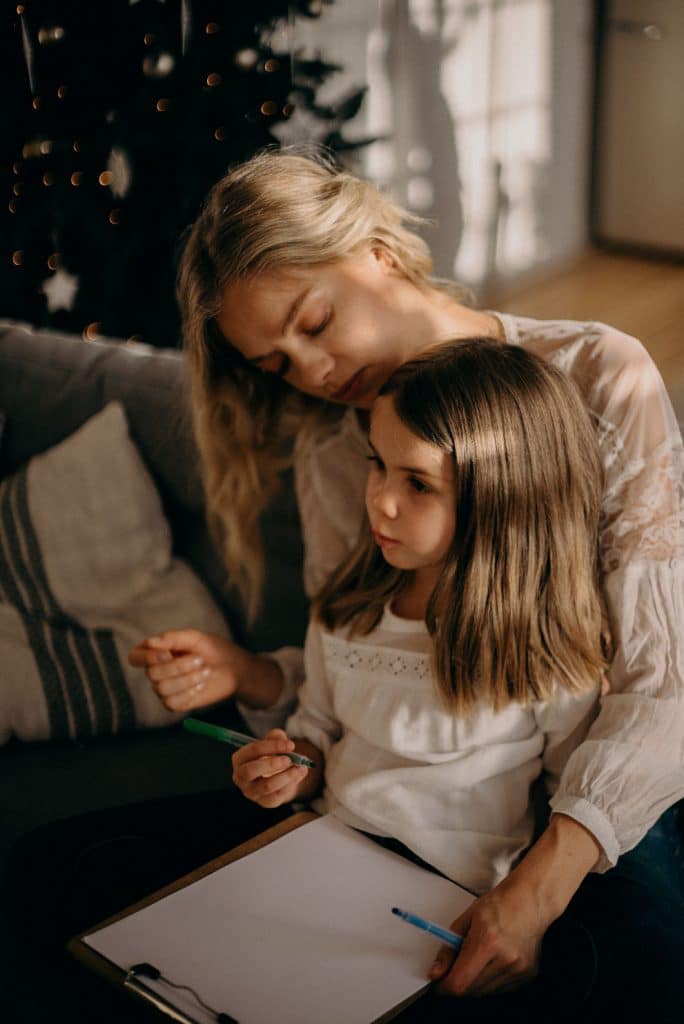
A colleague of mine explained the corona virus as a rollercoaster ride. This metaphor took me back to all roller-coaster rides in my life. Imagine for a moment that you are in a theme park and you end up on this rollercoaster ride without realising what the ride really is: You get in your seat, get strapped in and the ride starts moving slowly uphill, after which you are faced with a huge fall. While you’re on the rollercoaster, you’re dreading the fall. You’re hearing the click click click sound of the ride on the track ringing in your ears with each elevated foot. You will feel a nervous energy building in your stomach, burning inside.
As the ride crests down the hill, there is a moment where you seem to be suspended, paused. I always wish in that split second that I could just stay there, forever if needed, without going down. In that instance, I realise that I do not want to experience the drop. But then, I am falling, and I wish that it could stop there and then. But I can’t, I do not have any control. But in the end, when the ride finally arrives to a stop, I am relieved. After all this heart aching journey, I look back and I realise how resilient and strong I was to be able to endure this journey.
Thus, in relation to this metaphor, we are fully aware that this Covid-19 virus is creating a lot of anxieties and insecurities among you and your children. So, by creating some guidelines, I am hoping to help you to be able to support your children to deal with these current issues.
- It is important to find out what children already know. Some children may want to spend time talking about how they are feeling and discuss what is happening around them.
- By offering comfort and honesty it will help children feel safe and secure.
- If children ask something, and as caregivers you don’t know the answer, don’t be afraid to say so. Use these questions as an opportunity to find out together from relevant sources.
- Speak calmly and in a reassuring manner. Children will pick up when their caregivers are worried.
- Give children space and time to share their fears.
- Give children specific things to feel in control. For example, teach children that by getting a lot of sleep they will improve their immune system. Also teach children how to wash their hands and tell them that this will help them keep safe and healthy.
- Put news stories in context.
- Children often worry about their caregivers and elderly. Help children to keep in contact with the outside world by using Skype, WhatsApp, messenger and other means of communication.
- Reassure children that it is normal to feel stressed out at times. Everyone does. By recognising these feelings and knowing that stressful times pass, in the end, it can help children build resilience.
- Keep conversations going and check with children from time to time about how they are doing.

What you can do at home together as a family:
- Design cards and later give them to friends or other family members
- Play and create dough sculptures
- Dance
- Make sock puppets and create stories with them
- Paint with sponges on rocks, plates and paper
- Create something from a box
- Build with blocks
- Take photos
- Record videos
- Write a poem
- Make bookmarks
- Build a fort with cushions
- Play a card game and board games
- Have paper races
- Put a puzzle together
- Play school/farm/family/zoo
- Bake or cook together
- Write a journal
- Read a book or magazine
- Tell or write a story
Take this opportunity to connect as a family.






